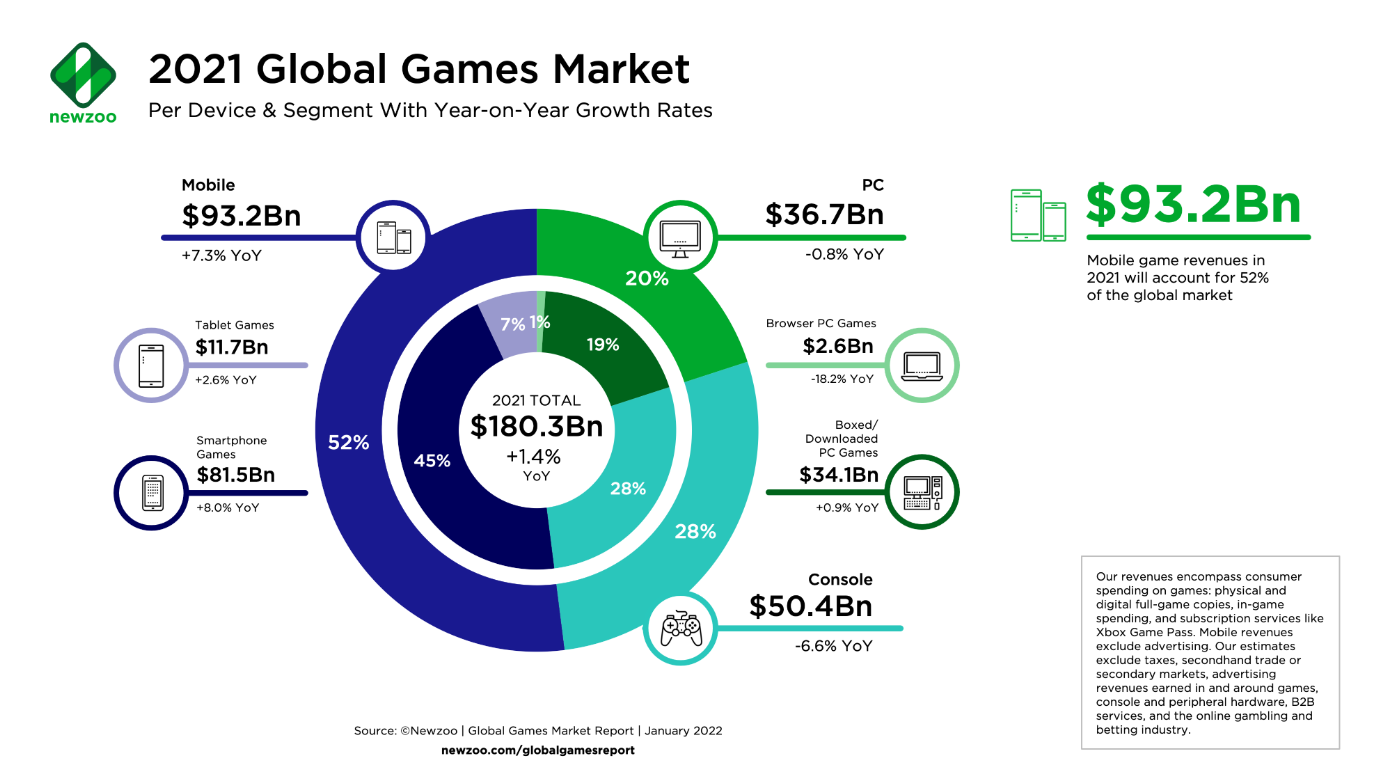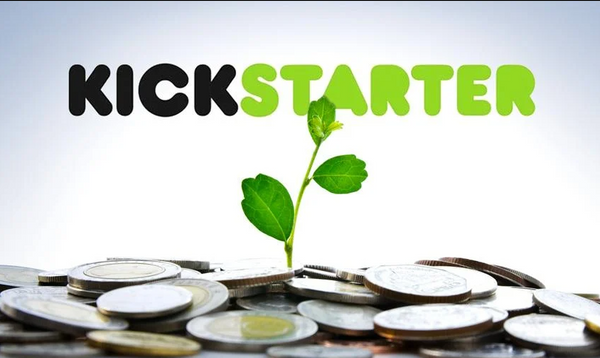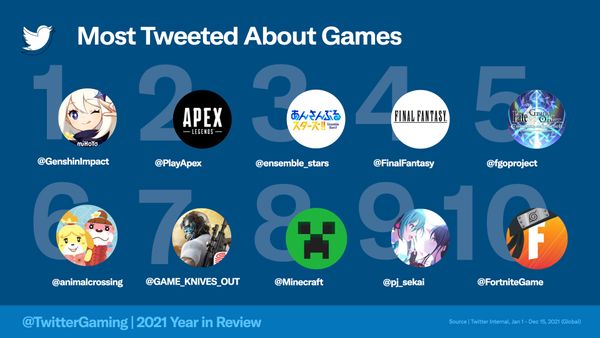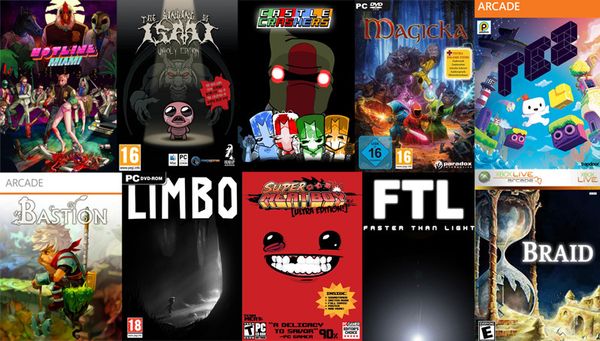Introduction
The world of video game development is a thrilling journey of creativity, innovation, and passion. However, even the most extraordinary games can fade into obscurity without effective marketing. In today's fiercely competitive gaming industry, mastering the art of game marketing is crucial for developers seeking to showcase their creations to the world. In this blog, we will explore a comprehensive guide on how video game developers can strategically market their games for optimal results.
Understanding Your Audience
Before embarking on a marketing campaign, it's essential to define your target audience. Creating detailed player personas helps you understand your potential players' preferences, behaviors, and motivations. Market research further solidifies your understanding of the gaming landscape, enabling you to tailor your game's messaging to resonate with the right audience.

Pre-launch Phase: Building Anticipation
Building anticipation before your game's launch is a powerful way to generate buzz. Teasers and trailers offer tantalizing glimpses into your game's world, leaving players eager for more. Engaging with your community through social media platforms builds a sense of connection, and developer diaries provide an intimate look behind the scenes. Exclusive previews and beta testing not only generate excitement but also allow you to gather valuable feedback for improvements. Collaborating with influencers and media outlets can amplify your game's visibility exponentially.
Crafting an Engaging Online Presence
Creating a dedicated game website acts as a digital hub for all information related to your game. Regular updates, blogs, and articles keep players informed and engaged. Active social media profiles provide a platform for direct interactions with your audience. Responding to comments and participating in discussions fosters a sense of community and involvement.
Harnessing the Power of Visuals
Humans are visual creatures, and captivating visuals can make a significant impact. High-quality screenshots and concept art offer sneak peeks into your game's aesthetics, while promotional artwork encapsulates its essence. Consistent branding and style create a memorable identity for your game. Gameplay videos, especially those that tell a story, provide an immersive experience that resonates with potential players.

Leveraging User-Generated Content (UGC)
Incorporating user-generated content (UGC) into your marketing strategy turns players into active participants. Encouraging players to share their gameplay moments on social media creates a ripple effect of organic promotion. Hosting creative contests and challenges sparks creativity within your community. Showcasing fan art and fan-made content not only celebrates players' dedication but also adds a personal touch to your game's marketing.
Engaging with Influencers and Streamers
Influencers and streamers wield significant influence over their audiences. Identifying influencers whose content aligns with your game's style can lead to authentic partnerships. Building genuine relationships with influencers involves mutual respect and an understanding of their needs. Providing them with early access or exclusive content enables them to create engaging, informative content that showcases your game to their followers.

Community Building and Interaction
A thriving community is a powerful marketing tool. Hosting forums and discussion boards fosters a space for players to connect and share their thoughts. Actively responding to player feedback demonstrates your commitment to creating an exceptional experience. Regular developer updates and Q&A sessions keep the community engaged and informed. Organizing fan meetups and conventions offers a tangible way for players to interact with the faces behind the game.
Post-launch Strategies: Sustaining Interest
The journey doesn't end at launch; it's just the beginning. Sustaining player interest through regular content updates and expansions keeps them engaged over time. Listening to player feedback and making iterative improvements demonstrates a dedication to enhancing their experience. Limited-time events and in-game rewards inject excitement and a sense of urgency. Showcasing player achievements and milestones acknowledges their contributions and creates a sense of camaraderie.
Analyzing Data and Adapting Strategies
Data is a goldmine of insights. Tracking key performance metrics, such as player engagement, acquisition channels, and conversion rates, provides a clear picture of your game's performance. Analyzing player behavior helps you understand what works and what doesn't. Adapting your marketing strategies based on data-driven insights ensures continuous improvement and relevance in a dynamic market.

Budget-Friendly Marketing Tips
Effective marketing doesn't always require a massive budget. Maximizing organic reach through search engine optimization (SEO) ensures your game is discoverable. Utilizing cost-effective advertising platforms, such as social media ads, enables targeted promotion. Collaborating with smaller influencers and content creators who align with your game's vision can be just as impactful. Engaging with gaming communities and forums creates a grassroots buzz that can lead to exponential growth.
Conclusion
Mastering game marketing is a multifaceted endeavor that requires a blend of creativity, strategic thinking, and community engagement. By understanding your audience, leveraging the power of visuals, engaging with influencers, and adapting based on data, you can create a robust marketing strategy that propels your game to success. Remember, the gaming industry is constantly evolving, so staying agile and innovative is key. As you embark on your game marketing journey, embrace the excitement of showcasing your creation to a world of eager players. Your game deserves nothing less than the spotlight it has been meticulously crafted for.
We hope this article proved to be helpful. We look forward to seeing you grow. For more such content or queries reach out to us and book a demo call today!







